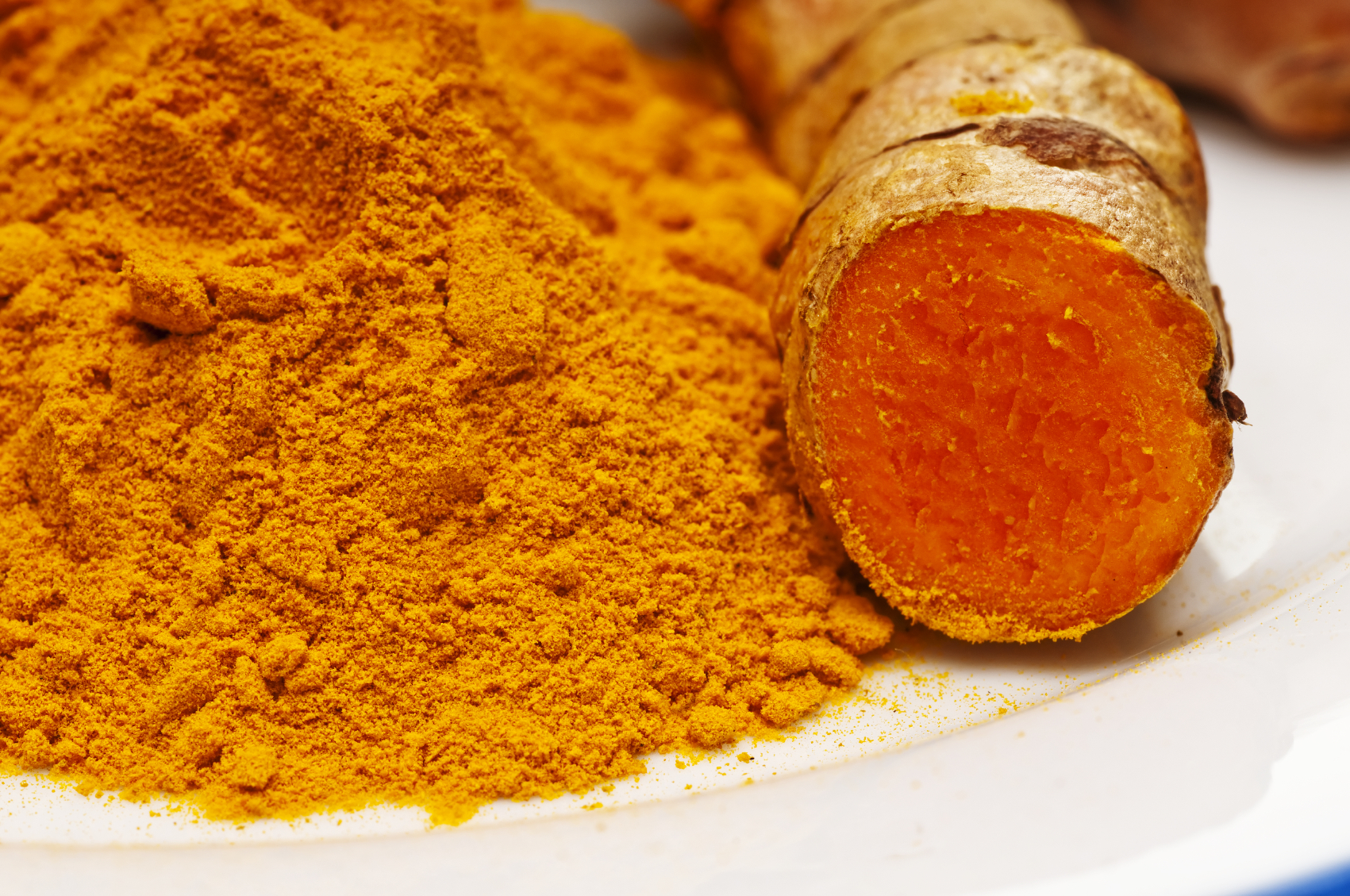Docosahexaenoic acid (DHA) is an omega-3 fatty acid. Your brain needs it to function.1 In fact, 97% of omega-3s in your brain are DHA.2
Studies show higher levels of it can improve cognitive function… This includes things like mood, memory, and learning. But a DHA deficiency is linked to neurological problems…like anxiety and even Alzheimer’s.3
And, as you may have guessed, most Americans don’t get nearly enough.4 The same can’t be said of Indian people. Because as researchers just confirmed, a 5,000 year-old Indian spice can speed up the process of making DHA from another fatty acid in the body—alpha linolenic acid (ALA).
This is huge…especially for people who don’t—or can’t—eat much fish. That’s because our bodies can only convert up to 10% of ALA to DHA.5 That’s not enough to help boost your cognitive health. It’s not enough to do much at all. But just a pinch of this spice a day can spike your brain performance.6
UCLA researchers conducted a study on rats. They found those who ate a diet containing this powder had elevated levels of key enzymes that help convert ALA to DHA. Scientists believe this effect comes from its antioxidants and anti-inflammatory properties.
I’m talking about…
Curcumin. It can reduce oxidative stress—a factor that prevents DHA synthesis.7
Health Watch readers know that eating curcumin can help ward off Alzheimer’s. The rates of this disease are 4.4 times higher in America than they are in India. And it could be because of their higher curcumin intake.8
One study found it slows plaque buildup in the brain.9 This helps prevent Alzheimer’s… But it also helps keep your brain sharper as you age. Another study revealed people who ate curry—the spice made from curcumin—scored better on cognitive testing than those who didn’t eat it. Eating more may even be a long-term solution for preventing depression.10
There is one drawback. Your body may have a hard time absorbing curcumin. But research suggests cooking it helps.11 Eating turmeric can also enhance its bioavailability.12 That’s the root curcumin comes from. And there’s another benefit. There’s a compound in it called ar-turmerone. It enhances curcumin’s brain-boosting powers.13
Adding curcumin to your meals is a simple—and delicious—way to fuel your brain. But the taste may take some getting used to. Try adding a pinch of it to soup at first. Once you’re accustomed to how it tastes, you can double your brain health benefits by using it to spice up your broccoli. Its vitamin C content can also help keep dementia at bay.
In Good Health,

Angela Salerno
Publisher, INH Health Watch
Like this Article? Forward this article here or Share on Facebook.
References:
1http://www.ncbi.nlm.nih.gov/pubmed/25550171
2http://www.lifesdha.com/dha-at-every-age/adults.aspx
3http://www.ncbi.nlm.nih.gov/pubmed/10479465
4http://www.lef.org/magazine/2008/1/report_dhafishoil/Page-01
5https://www.vitalchoice.com/shop/pc/articlesView.asp?id=2238
6http://examine.com/supplements/Curcumin/
7http://www.life-enhancement.com/magazine/article/1140-dha-protects-your-brain-cells
8http://www.ncbi.nlm.nih.gov/pmc/articles/PMC2781139/
9http://www.medscape.com/viewarticle/827661_3
10http://www.sciencedirect.com/science/article/pii/S0166432812006997
11http://alzheimer.neurology.ucla.edu/Curcumin.html
12http://www.greenmedinfo.com/blog/how-whole-turmeric-heals-damaged-brain-1?page=2
13http://www.life-enhancement.com/magazine/article/3260-turmerone-induces-neural-stem-cell-proliferation

